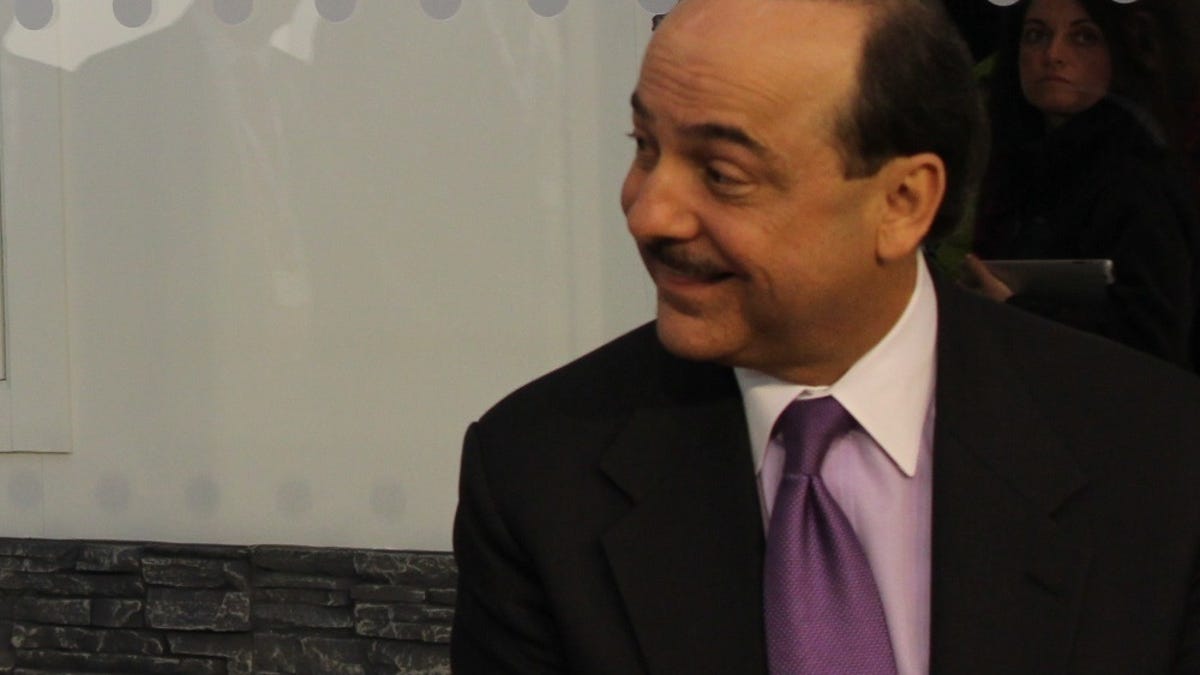AT&T Mobility CEO says he's open to Firefox OS
The carrier would be willing to offer Firefox phones if enough customers demand it, the executive told CNET.

BARCELONA, Spain--AT&T has cracked open the door to Mozilla's recently unveiled Firefox mobile operating system.
"I think there is room for more" operating systems, said Ralph de la Vega, CEO of AT&T Mobility, in an interview with CNET.
When asked whether the industry could support multiple operating systems, de la Vega affirmed the sentiment: "absolutely."
Ultimately, it comes down to consumer demand, he said. If people are vocal about the desire for a Firefox phone and there's a likelihood of succeeding, AT&T will provide a device, de la Vega said.
"It's certainly attractive, but it's a little early on for us to be commenting on that," he said.
Mozilla made a big splash on Sunday with its Firefox mobile operating system, which boasts an impressive array of partners and is starting to take shape. The system, which is designed to run on lower-cost hardware and use Internet-based apps, is intended to target the lower-end segment with budget phones and a snappy user interface.
Mozilla had announced a lineup of several key partners, as well as handsets. Telefonica said it would bring out the Firefox phones later this year, with vendors such as LG and ZTE onboard to create products.
Still, others weren't so enthusiastic. A high-level Samsung Electronics executive told CNET that the company wasn't interested in Firefox.
Similarly, de la Vega said he still has high hopes for BlackBerry, which still has a solid niche group of customers who won't leave their keyboards. Those are the people who will buy the new BlackBerry 10-powered
On the other mobile operating system vying for the No. 3 position, Windows Phone, he conceded that it has been a slow start, but says he is taking a longer-term view. He believes that what Microsoft is doing to get more Windows 8 tablets in the market is a "big deal" that could drive adoption in the future.
The tablets, alongside additional Windows 8 PCs, will create a large enough ecosystem to drive sales down the line, he said.
"I think it will take a while for consumers to get used to it," he acknowledged.
On one of the lead Windows Phone devices, the

